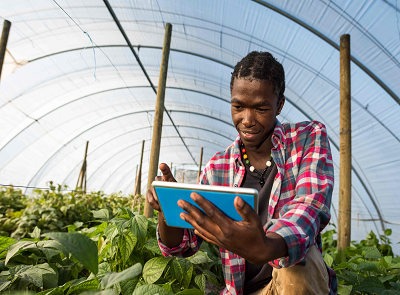Africa Agribusiness and Science Week (AASW8)
The Forum for Agricultural Research in Africa (FARA) is the apex continental organisation responsible for facilitating and coordinating the advancement of agricultural research and innovation on the continent. It is also the technical arm of the African Union Commission (AUC) and the African Union Development Agency (AUDA)-NEPAD on the mobilization of science, technology, and innovation (STI) for the development of the continent’s agriculture and food system. FARA is headquartered in Accra, Ghana, and has been in existence for 25 years. FARA’s unique role is to enhance the connection of science, technology, and innovation through the AASW event and the agribusiness platform, with the main objectives being. Main Objectives of the AASW8 and Agribusiness Platform FARA believes that South Africa, strategically, is best suited to host the inaugural edition of this event in June 2023. According to the 2020 report by the International Trade Administration, South Africa has by far the most modern, productive, and diverse agricultural economy compared to the rest of Africa. South Africa has a well-developed agricultural sector and is most diverse, consisting of corporate and private intensive and extensive farming systems and well-developed commercial farming. South Africa, therefore, forms a good case study for gathering best practices and possible solutions for adoption by other African countries. Drawing on experience, FARA considers that to give the event traction and consolidate its strategic position as Africa’s leading science-to-business event, it will be necessary to hold the event in the same location for five years. FARA is seeking to partner with sponsors to host the event in South Africa over the next five years. Commercial sponsorship opportunities with exciting ROI returns are explained in more detail in section 3 below. The benefits to sponsors of being involved in the AASW event are highlighted in the slide below. Make sure that your company is part of the process that reduces Africa’s current dependence on agricultural imports valued at US$ 110 billion while at the same time being at the forefront of unlocking the World Bank’s prediction that Africa’s Agribusiness market will top US$ 1 trillion by 2030.


